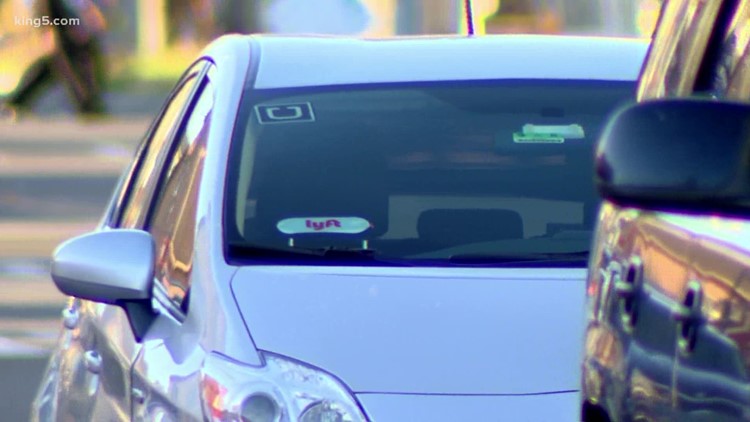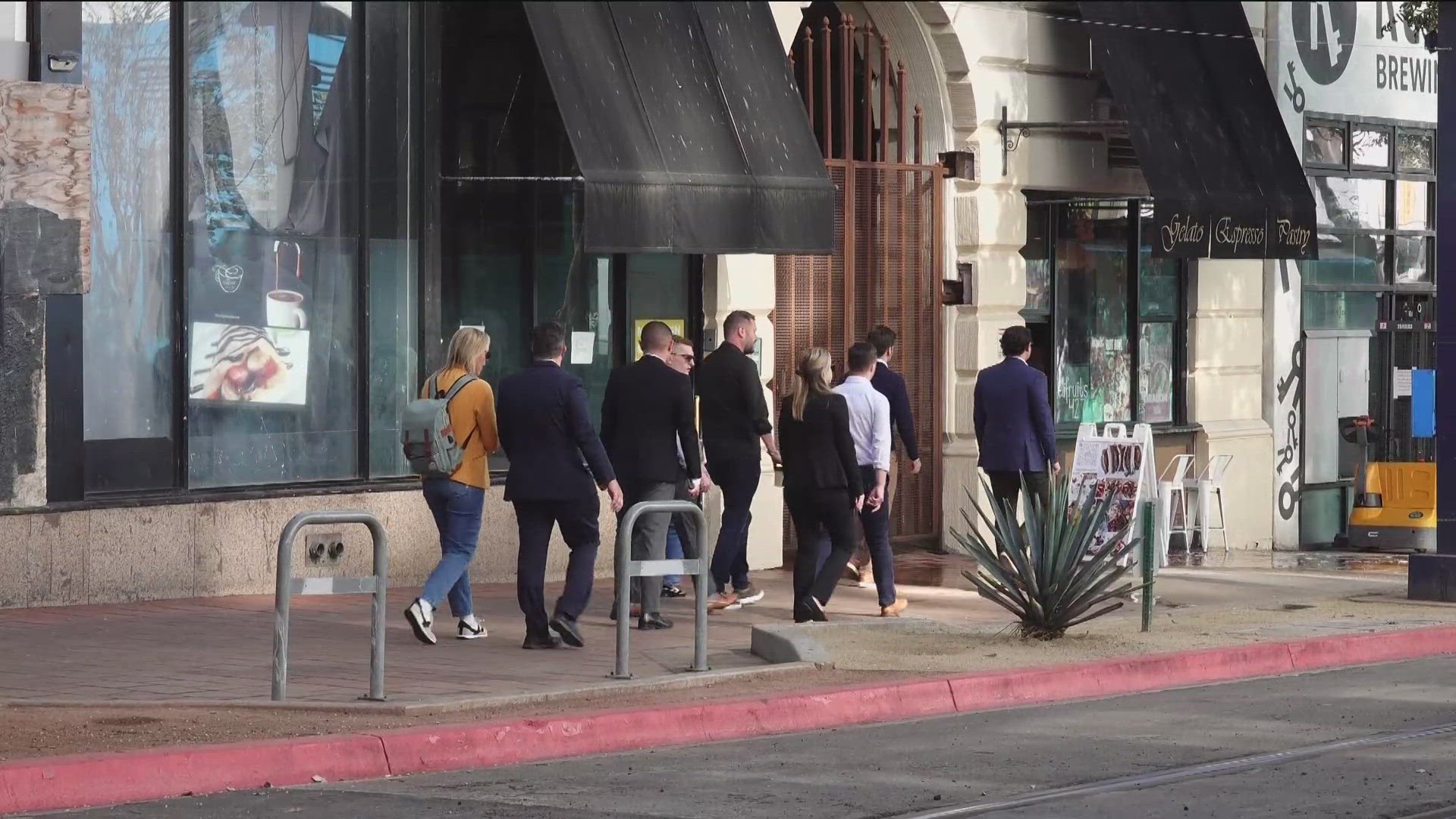Now that Californians have voted to keep ride-hailing drivers classified as contractors with limited job benefits, unions are shoring up their defenses as labor lawyers eye legal challenges and hope that Democrat Joe Biden ekes out a White House victory. In a major blow to organized labor, 58% of California voters have thus far backed Proposition 22, sending ride-hailing giants’ stock prices soaring Wednesday.
Labor groups that spent $20 million against Prop. 22, meanwhile, are warning that the measure cements gig workers as a “second class” of workers and mulling limited options to challenge it.
“It’s too soon to know what the shapes of those challenges will look like,” said Rey Fuentes, a fellow with labor advocacy group the Partnership for Working Families, which opposed Prop. 22. “There’s been such a sweeping change to the law that there are still questions to be answered.”
Fuentes said they could lobby a potential Biden administration’s Department of Labor to issue stronger federal rules for worker classification. Another option, he said, could be to sue over provisions like preemption of local labor laws, issues related to state worker’s compensation requirements or a 7/8 supermajority to amend the measure. Gig companies could push their own federal legislation, too, after successfully spurring President Donald Trump to provide emergency pandemic unemployment benefits to drivers.
Gig companies spent $205 million on the ballot fight, shattering state campaign spending records, and the victory marks a dramatic rebuke of California lawmakers’ move to reclassify many contract workers as employees entitled to minimum wage, overtime pay, health care, paid leave and other benefits. Now, with the presidential race still undecided, the state’s war over gig work could also sway the national conversation over the future of work.
“Prop. 22 is now the first law in the nation requiring health, disability and earnings benefits for gig workers,” Lyft Chief Policy Officer and former U.S. Secretary of Transportation Anthony Foxx said in a statement. “Lyft stands ready to work with all interested parties, including drivers, labor unions and policymakers, to build a stronger safety net for gig workers in the U.S.”
Under Prop. 22, delivery and ride-hailing drivers for companies like Uber, Lyft, Instacart and DoorDash — the yes campaign’s primary backers — will be guaranteed 120% of minimum wage and health care subsidies, based on the time when a passenger or order is in the car, plus new offerings including accident insurance.
Unions hit a roadblock
In the months before the election, omnipresent Prop. 22 campaign ads focused heavily on driver flexibility and access to fast cash with unemployment surging during the pandemic. But under the surface, the campaign doubled as a proxy war over the future of organized labor.
That tension was clear in a tweet re-posted by Uber CEO Dara Khosrowshahi shortly after the Prop. 22 victory was projected by the media, which attacked “big-money unions” and San Diego Democrat and AB 5 author Lorena Gonzalez as a “grifter.” Gonzalez also didn’t mince words after the results were tallied: “Don’t come at me with your anti-union dribble,” she wrote on Twitter. “Uber & Lyft didn’t spend $200 (million) talking about unions, they spent it lying about worker protections.”



